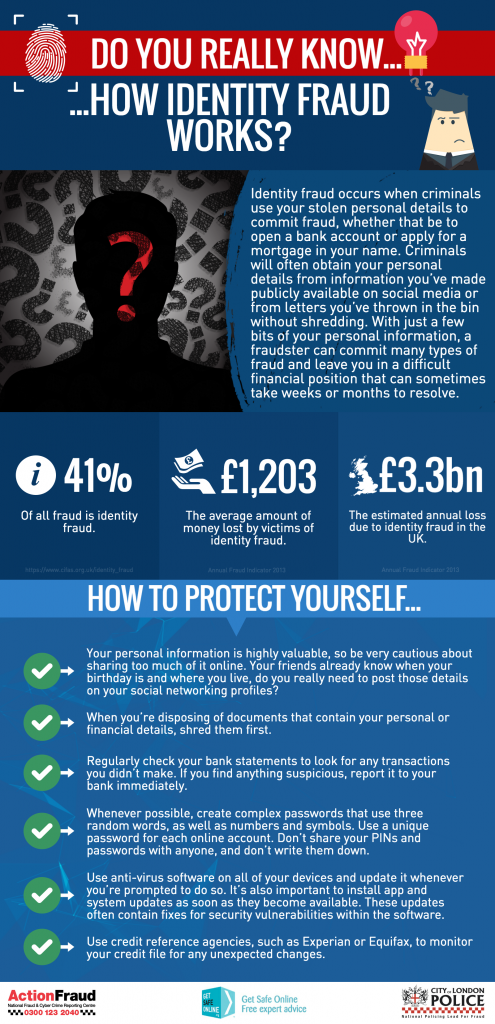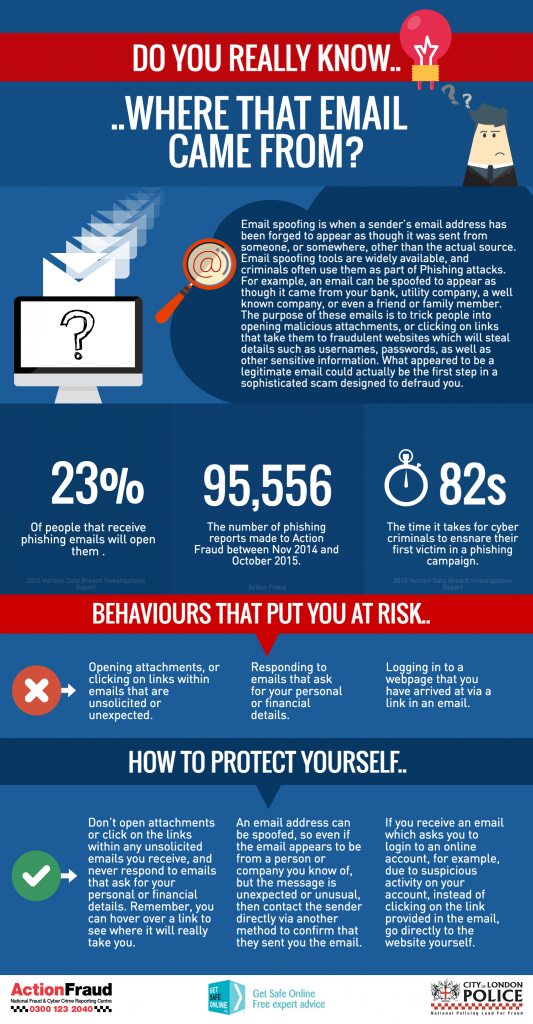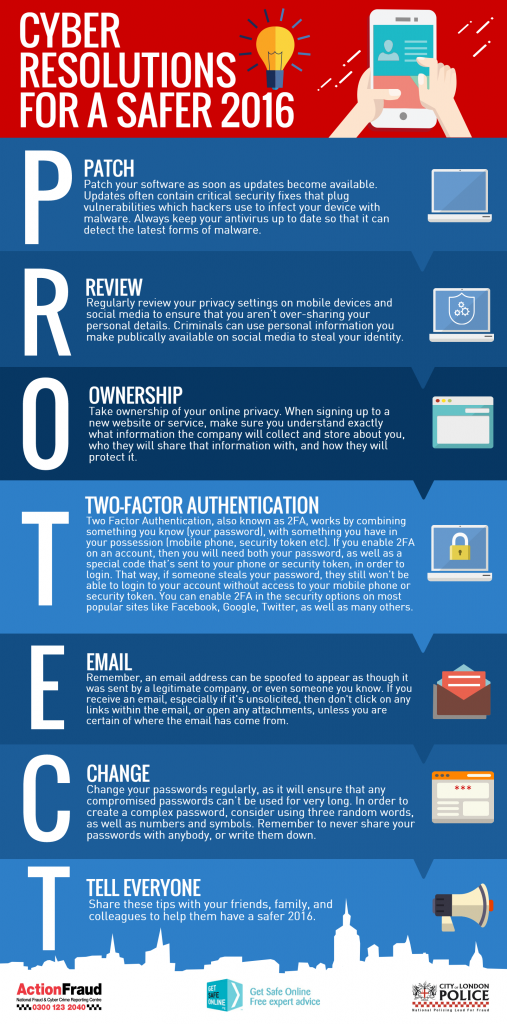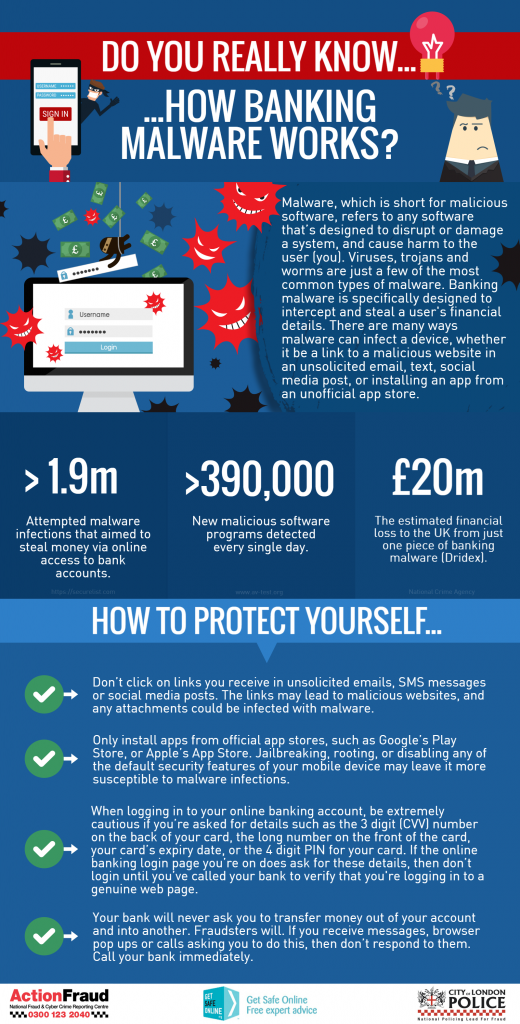Charity Commission urges trustees to be vigilant about ransomware attacks.
Read the Commission’s regulatory alert on GOV.UK.
Charity Commission urges trustees to be vigilant about ransomware attacks.
Read the Commission’s regulatory alert on GOV.UK.
Warning about malicious ‘phishing emails’.
The Charity Commission, the independent regulator of charities in England and Wales, is issuing this alert to charities as regulatory advice under section 15(2) of the Charities Act 2011.
The information contained in the alert is based on reports made during the past month to Action Fraud, the UK’s national fraud reporting centre.
The Alert can be viewed here: https://www.gov.uk/government/news/regulatory-alert-charities-at-risk-of-cyber-attack
For the first time the Charity Commission of England and Wales has published an overview of the serious incident reports (RSIs) it has received about fraud to identify wider learning points for the sector. Read the blog about the findings at:
https://charitycommission.blog.gov.uk/
You can read the full report here.
New website will help charities collectively tackle fraud
The Charity Commission, in collaboration with members of the Charity Sector Counter Fraud Group, has today launched www.charitiesagainstfraud.org.uk, a new website dedicated to helping charities in the fight against fraud. It provides an initial point of reference for trustees, staff and volunteers who want to find out more about tackling fraud in their charity, and includes guidance, top tips, case studies, as well as signposting users to other organisations tackling charity fraud.
The launch of the new website marks the start of Charity Fraud Awareness Week (24-28 October). According to the National Crime Agency, ‘individuals, the private sector and the charity sector lose billions of pounds each year to fraud’. The campaign - led by the Commission and the Fraud Advisory Panel - will be reminding charities how to limit their fraud risk. It aims to ensure that trustees and charity staff can recognise the warning signs of fraud and shape an effective and proportionate response.
Top tips to reduce your charity’s vulnerability to fraud include:
David Kirk, Chairman of the Fraud Advisory Panel, commented:
“Fraud presents a serious threat to every organisation but unfortunately charities can be particularly vulnerable due to the high number of financial transactions they undertake. Fraud can manifest itself in many different forms and is constantly evolving - which is why we are urging everyone working with charities and not-for-profit organisations to join together and stop fraud against charities. Charity staff and trustees must stay alert to the risks and understand how to manage them.”
Diana Isiye, Head of Counter Fraud at Oxfam GB, said:
“We know that charities can fall victim to fraud. Working together to encourage trustees and staff to start a conversation about fraud and share their experiences is a crucial way to ensure the sector is better equipped to meet the growing challenge posed by fraud.”
Michelle Russell, Director of Investigations Monitoring and Enforcement at the Charity Commission, added:
“Fraud can thrive in an environment of weak governance and poor financial management, so we are reminding charity staff and trustees, as part of Charity Fraud Awareness Week, to seek out the good practice guidance that is widely available and to review their charity’s financial controls and procedures. We’re keen to work closely with charities to improve their fraud resilience and hope that the new site will enable charities to access and learn from the best practice that’s already out there.”
Charity Fraud Awareness Week will conclude with the second National Charity Fraud Conference in London on 28 October, which will include panel discussions and presentations from Michelle Russell and Commission board member, Mike Ashley. Two regional events will follow in December and January for those not able to attend Friday’s conference. The Fraud Advisory Panel and the Commission will also be producing a conference report, summarising issues and conclusions and reminding trustees to maintain a counter-fraud focus.
If you’d like to get involved and help spread the word, a supporter’s pack is available and you can follow #CharityFraud on Twitter for live updates.
-ends-
Notes to editors
Press office
Email
[email protected]
Press enquiries - office hours
0300 065 2123
Press enquiries - out of hours
07785 748787
Jointly hosted by the Fraud Advisory Panel and the Charity Commission, the conference’s theme is ‘Prevention is better than Cure’.
Fraud is a serious threat to every organisation – and charities are no exception. With more fraud moving online, it is becoming increasingly important for charities of all sizes and types to understand the risks and to build strong fraud defences.
Building upon the success of last year’s inaugural conference, the focus will again be on providing practical advice, tools and techniques to help charities better understand and manage the risk of fraud.
Delegates will hear from industry experts and have the opportunity to update their knowledge of current fraud prevention best practice while networking with other like-minded professionals.
Find out how to get involved with the Fraud Advisory Panel here.
The National Fraud Authority’s ‘Annual Fraud Indicators’ (AFI) 2011, 2013 and AFI 2016 (published by PKF Littlejohn):
PKF Littlejohn’s ‘Charity Fraud Risk & Resilience research’.



